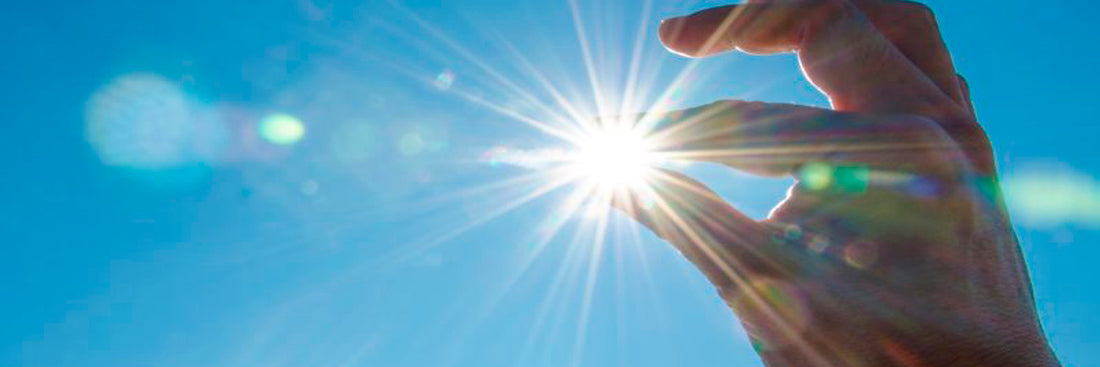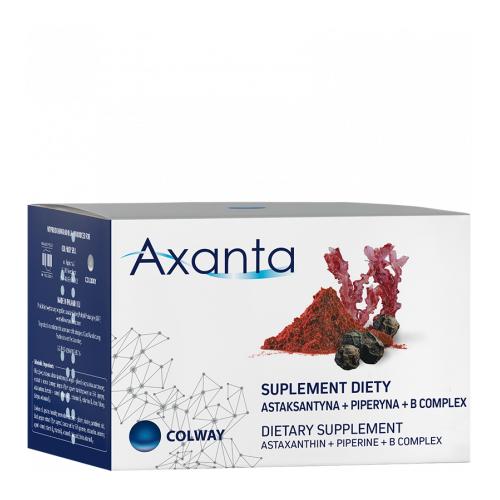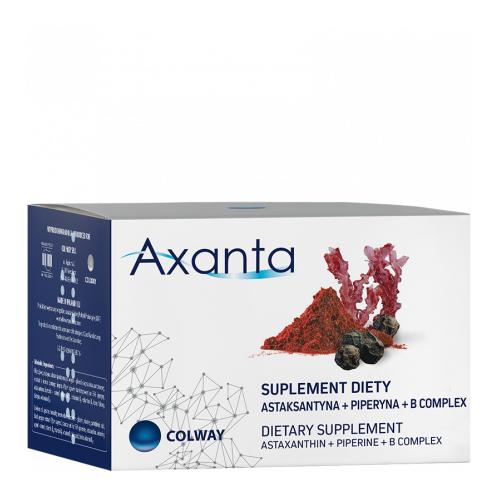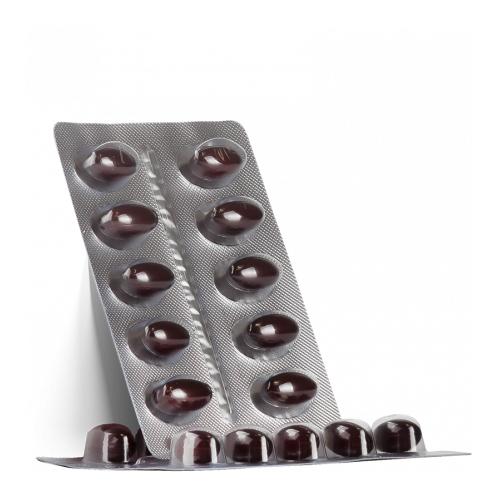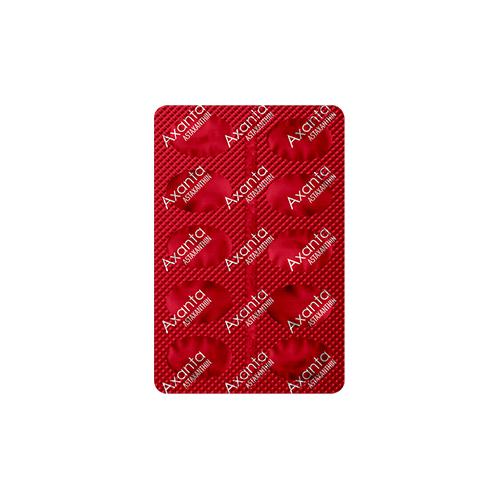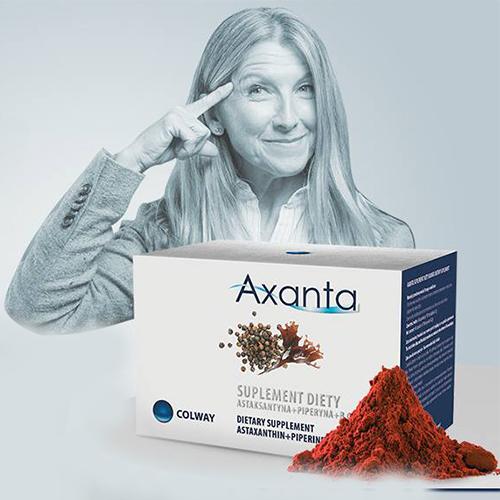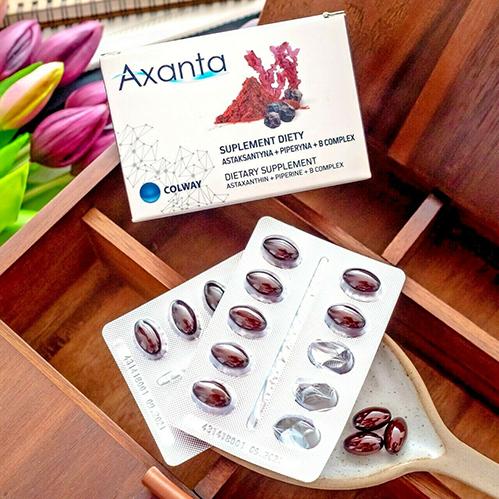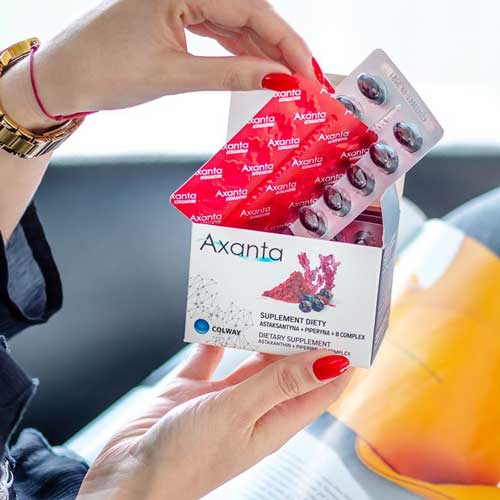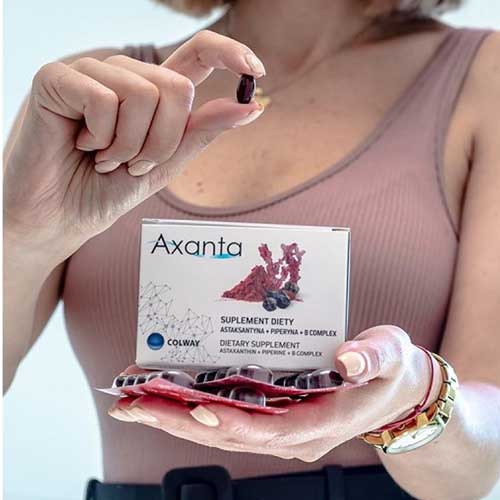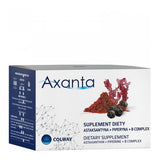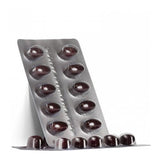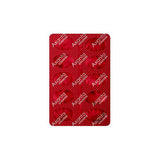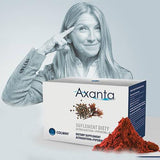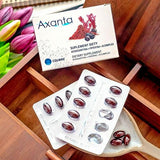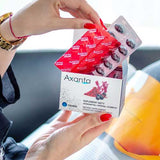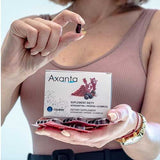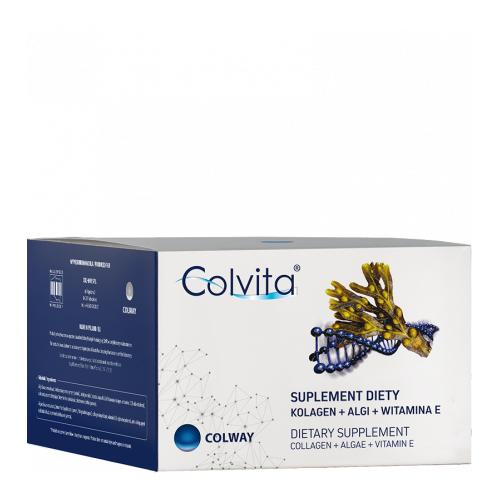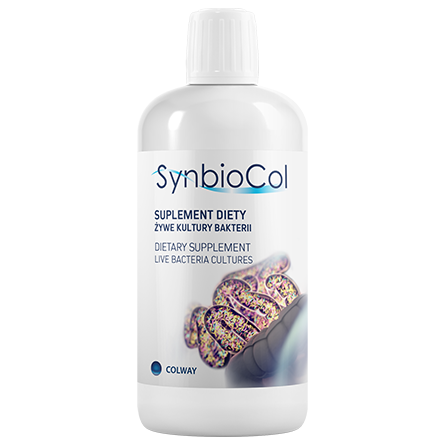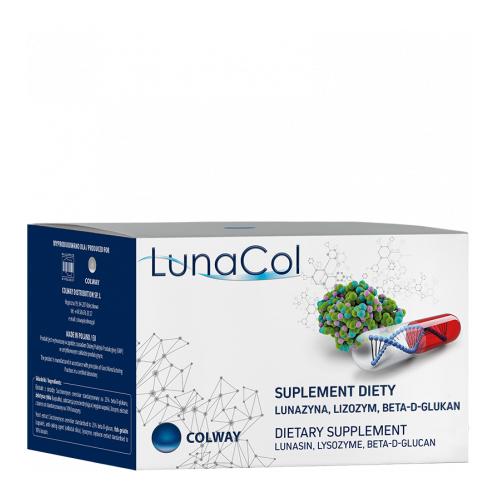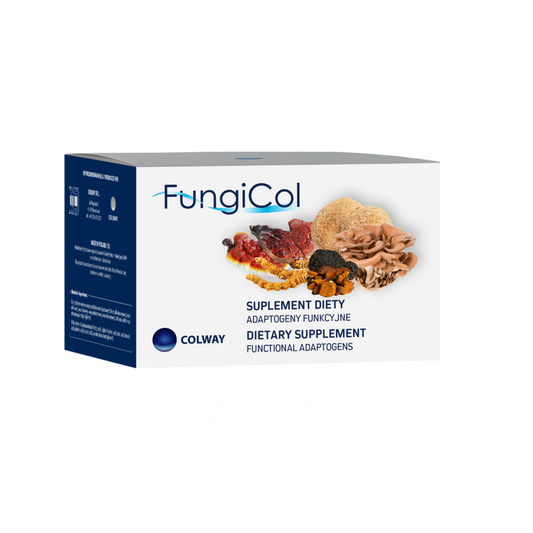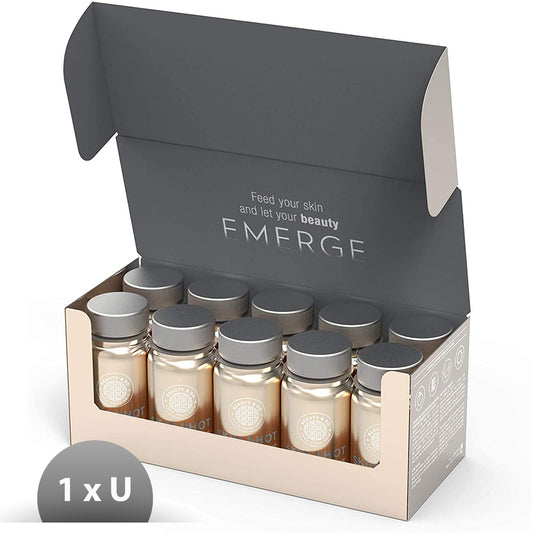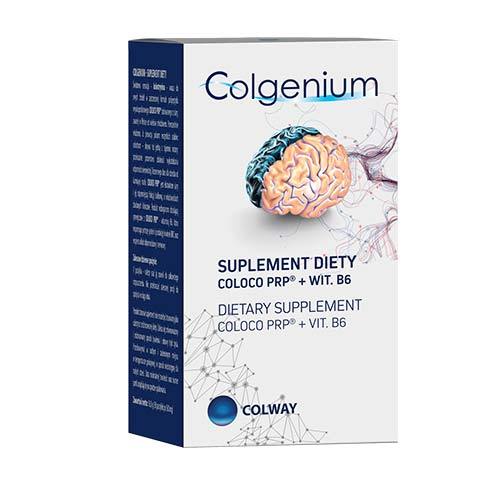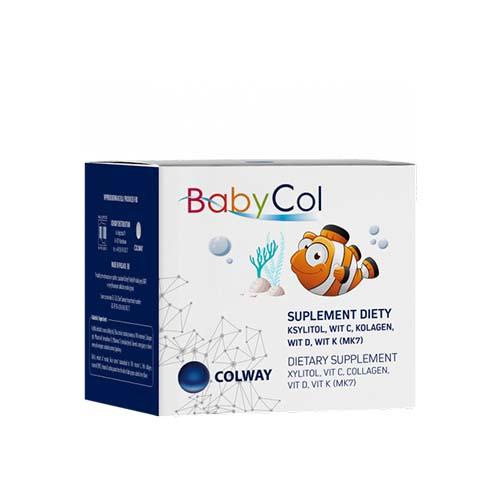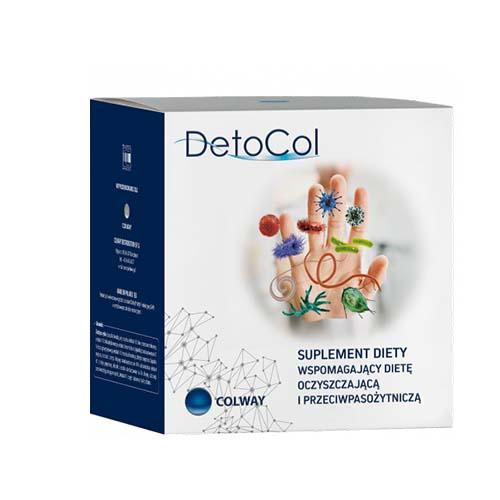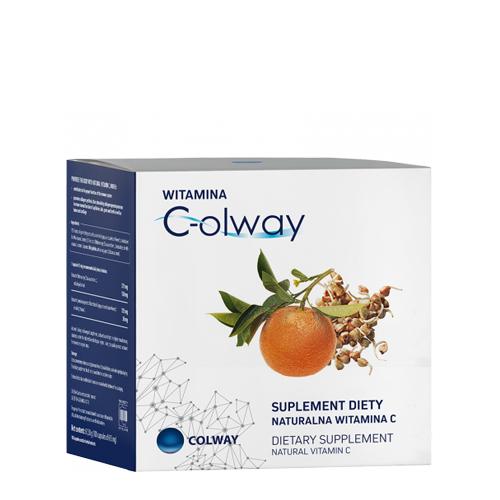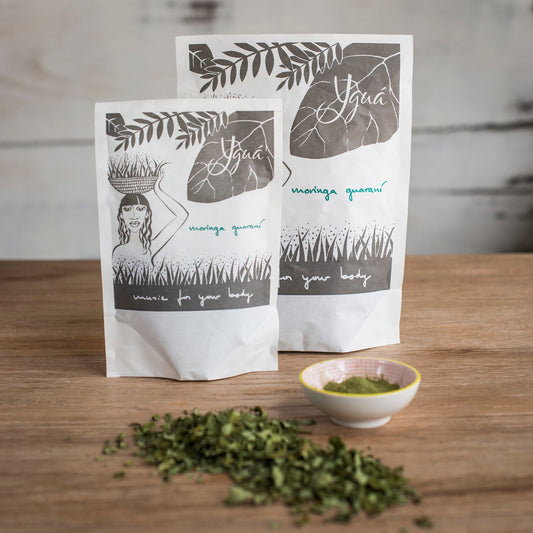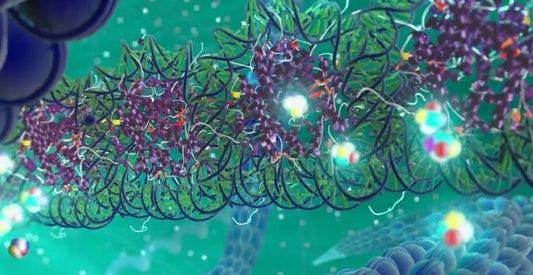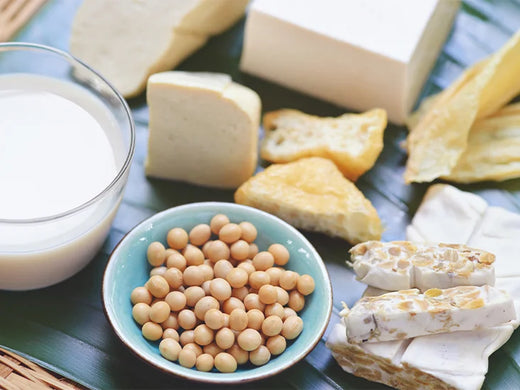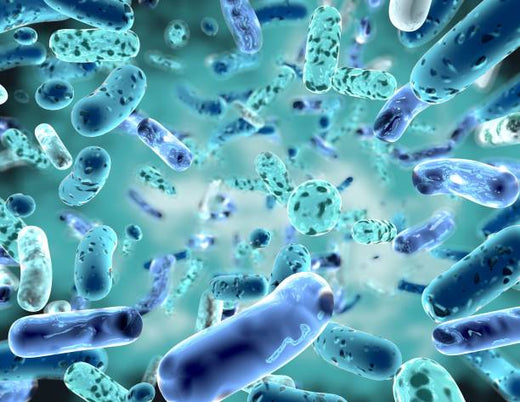Ultraviolet (UV) radiation is known to cause photoaging of the epidermis and skin cancer. Astaxanthin is an antioxidant that has been shown to be effective in protecting the skin from the harmful effects of UV radiation.
Introduction to Astaxanthin
Antioxidants and sun protection
Astaxanthin is a red-orange carotenoid pigment found in certain marine organisms such as microalgae, krill, and salmon. This potent antioxidant has gained popularity for its many health benefits, including protecting the skin from damage caused by UV radiation.
Study in SKH-1 mice
Method and study diets
In a study conducted on UV-sensitive hairless SKH-1 mice, they were fed six different diets containing 5 ppm beta-carotene, 10 ppm astaxanthin, or retinol. After 4 months, half of each group was exposed to ultraviolet light and sacrificed to measure the concentrations of putrescine, spermidine, and spermine in the epidermis.
Effects of astaxanthin on the production of polyamines
Putrescina
After irradiation, astaxanthin, alone or in combination with retinol, was found to be remarkably effective in preventing the increase in free putrescine after induced damage.
spermidine and spermine
Spermidine and spermine concentrations were also significantly lower in the astaxanthin-fed groups.
Comparison with other antioxidants
beta carotene
Beta-carotene is another antioxidant known for its protective properties against UV radiation. However, in this study, astaxanthin showed a stronger inhibitory effect on putrescine accumulation than beta-carotene.
Retinol
Retinol, a form of vitamin A, has also been studied for its skin-protecting properties. Although it demonstrated some efficacy, astaxanthin had a more potent effect in preventing putrescine buildup compared to retinol.
Astaxanthin and transglutaminase enzymes
specific action
The results of the study indicate that astaxanthin exerts a specific action on transglutaminase enzymes, helping to consume these polyamines in response to skin irradiation.
Additional Astaxanthin Benefits
Prevention of skin aging
Astaxanthin is known for its anti-inflammatory and antioxidant properties, which can help prevent premature skin aging caused by exposure to UV radiation.
skin cancer prevention
In addition to preventing skin aging, astaxanthin may also play a role in preventing skin cancer by protecting the skin from damage caused by UV radiation.
astaxanthin sources
Foods
Astaxanthin is found naturally in certain foods such as salmon, krill, microalgae, and crustaceans. Consuming these foods can help you get astaxanthin naturally and reap its benefits for skin health.
Supplements
You can also find astaxanthin supplements on the market, which can be a convenient way to get this powerful antioxidant in your diet.
Considerations When Choosing Astaxanthin Supplements
quality and dosage
When choosing an astaxanthin supplement, it is important to consider quality and dosage. Look for products from trusted brands and be sure to follow the manufacturer's dosage recommendations.
conclusions
Astaxanthin is a promising antioxidant that has been shown to be effective in protecting the skin against damage caused by UV radiation. In addition, it can contribute to the prevention of skin aging and skin cancer. To get the most benefits from astaxanthin, consider including foods rich in this nutrient in your diet or taking quality supplements.
Frequent questions
- What is astaxanthin?
Astaxanthin is a red-orange carotenoid pigment found in certain marine organisms. It is known for its antioxidant properties and benefits for skin health.
- How can astaxanthin protect the skin from UV radiation?
Astaxanthin helps protect the skin by exerting a specific action on transglutaminase enzymes, consuming polyamines in response to skin irradiation. Additionally, its antioxidant and anti-inflammatory properties can prevent premature skin aging caused by exposure to UV radiation.
- What are the best sources of astaxanthin in the diet?
Natural sources of astaxanthin include salmon, krill, microalgae, and crustaceans. Astaxanthin supplements can also be found on the market for those wishing to increase their intake.
- How does astaxanthin compare to other antioxidants, such as beta-carotene and retinol?
Although beta-carotene and retinol are also antioxidants known for their skin-protecting properties, astaxanthin has been shown to be more effective in preventing putrescine build-up and protecting against UV radiation compared to these compounds.
- What are the considerations when choosing astaxanthin supplements?
When choosing an astaxanthin supplement, it is important to consider quality and dosage. Look for products from trusted brands and follow the manufacturer's dosage recommendations for the best results.




















































































































